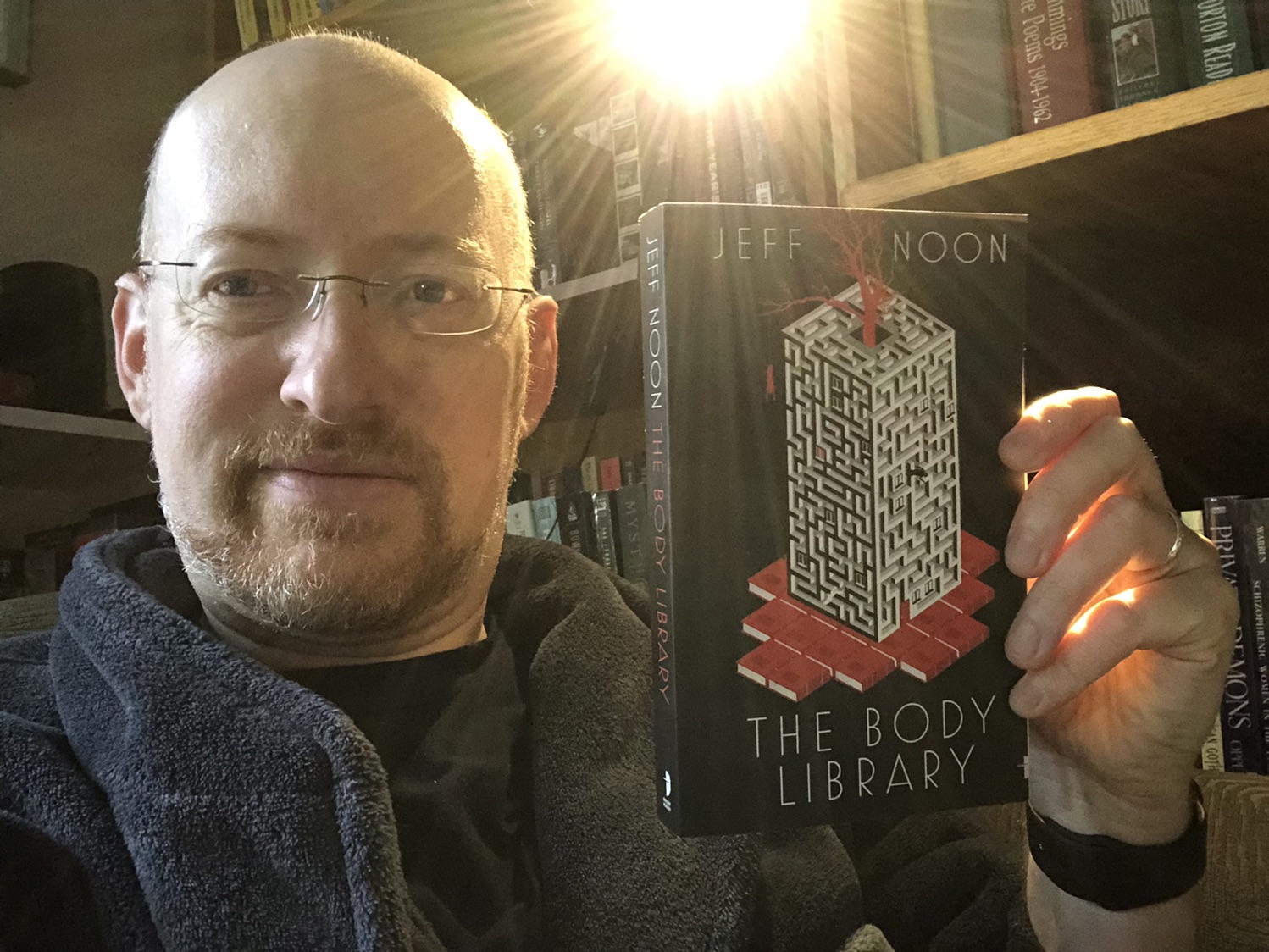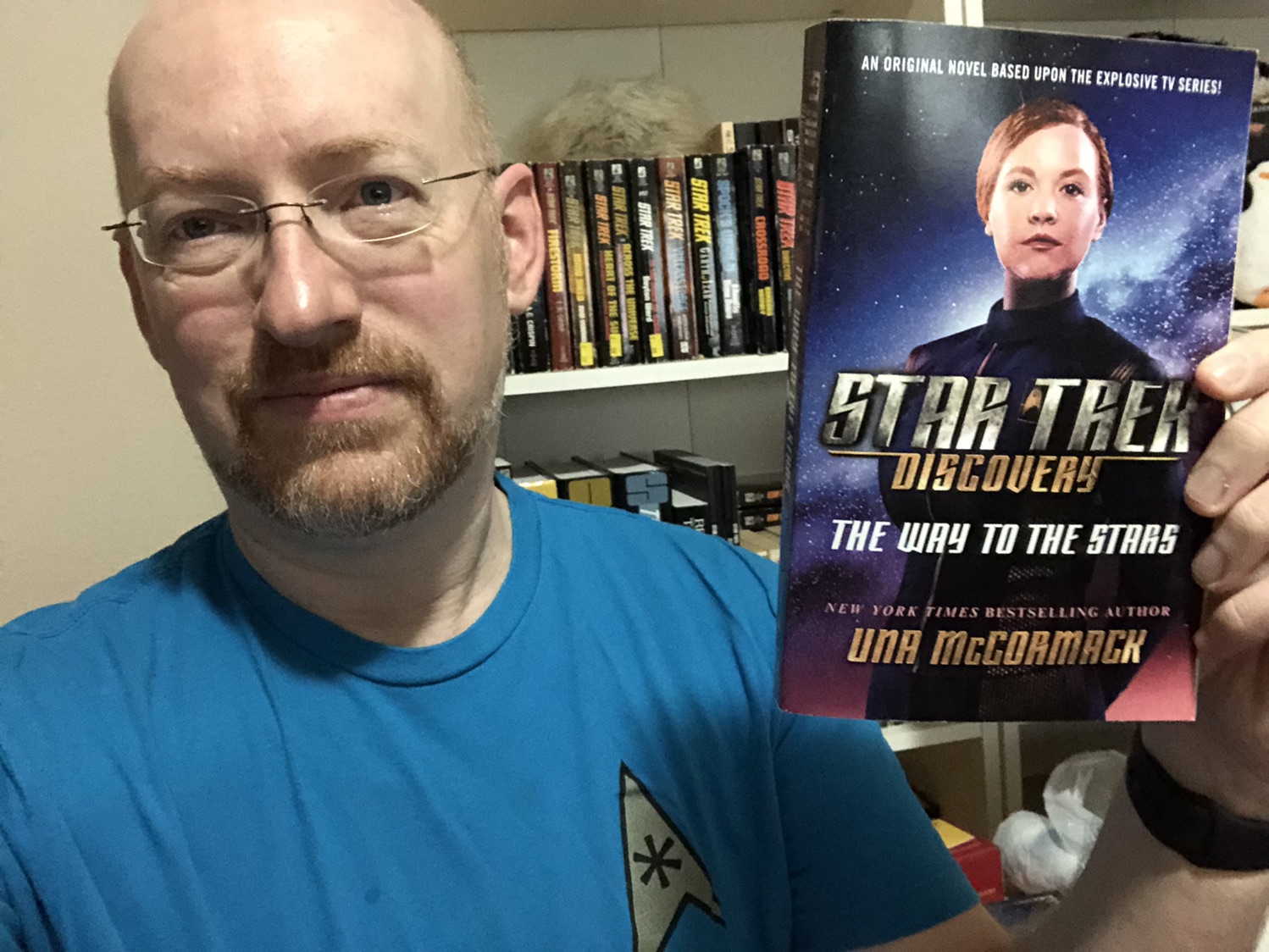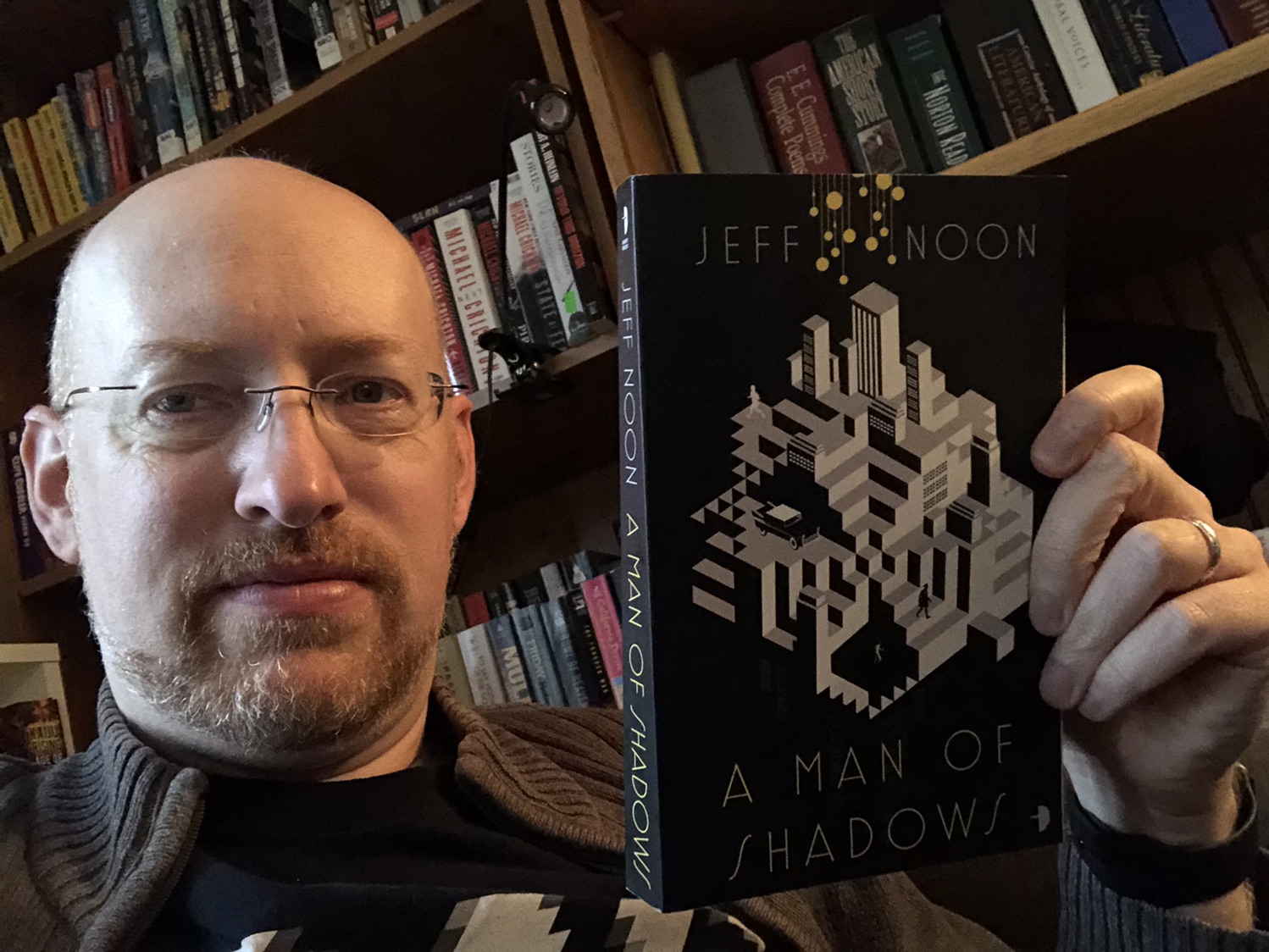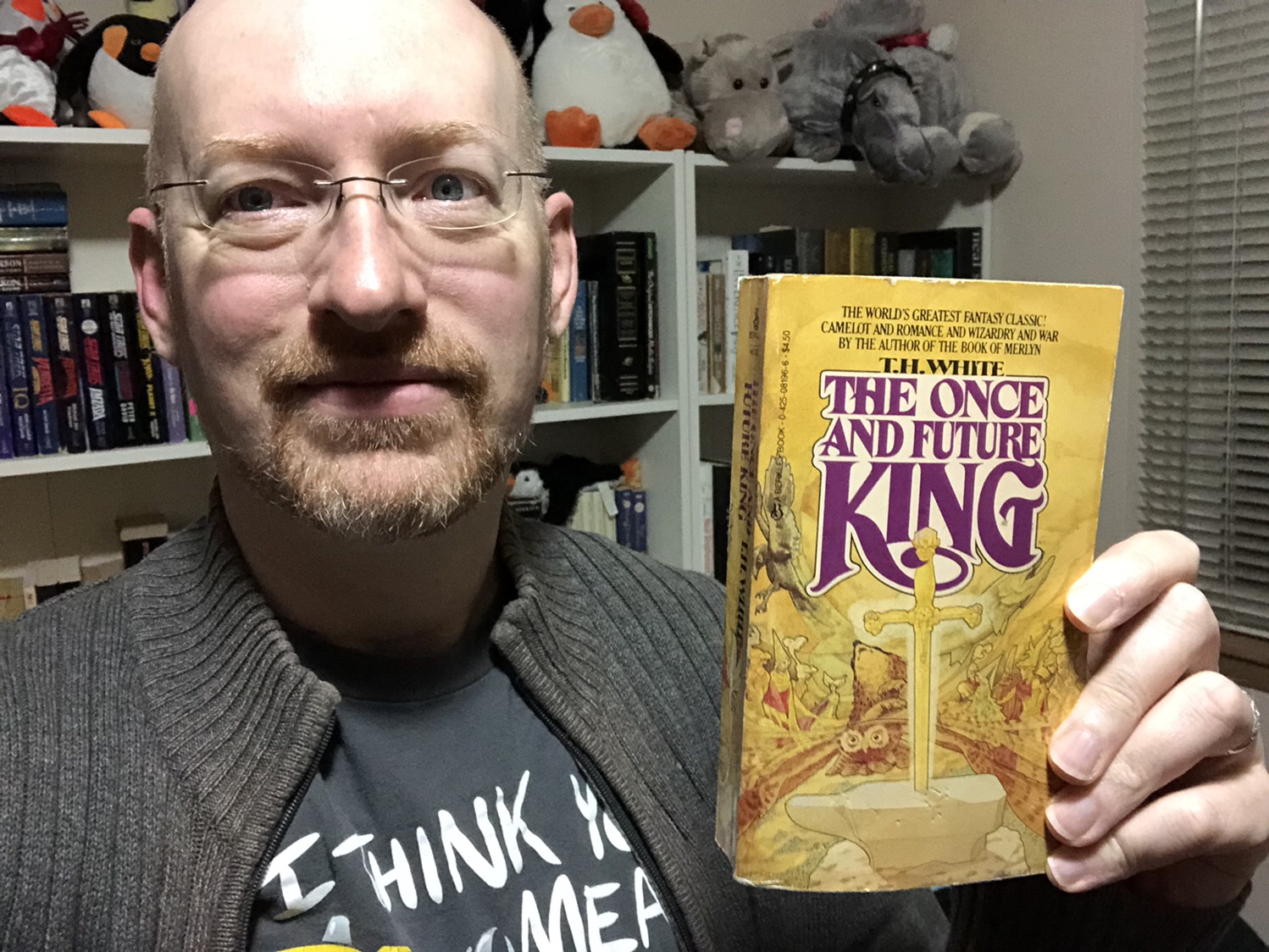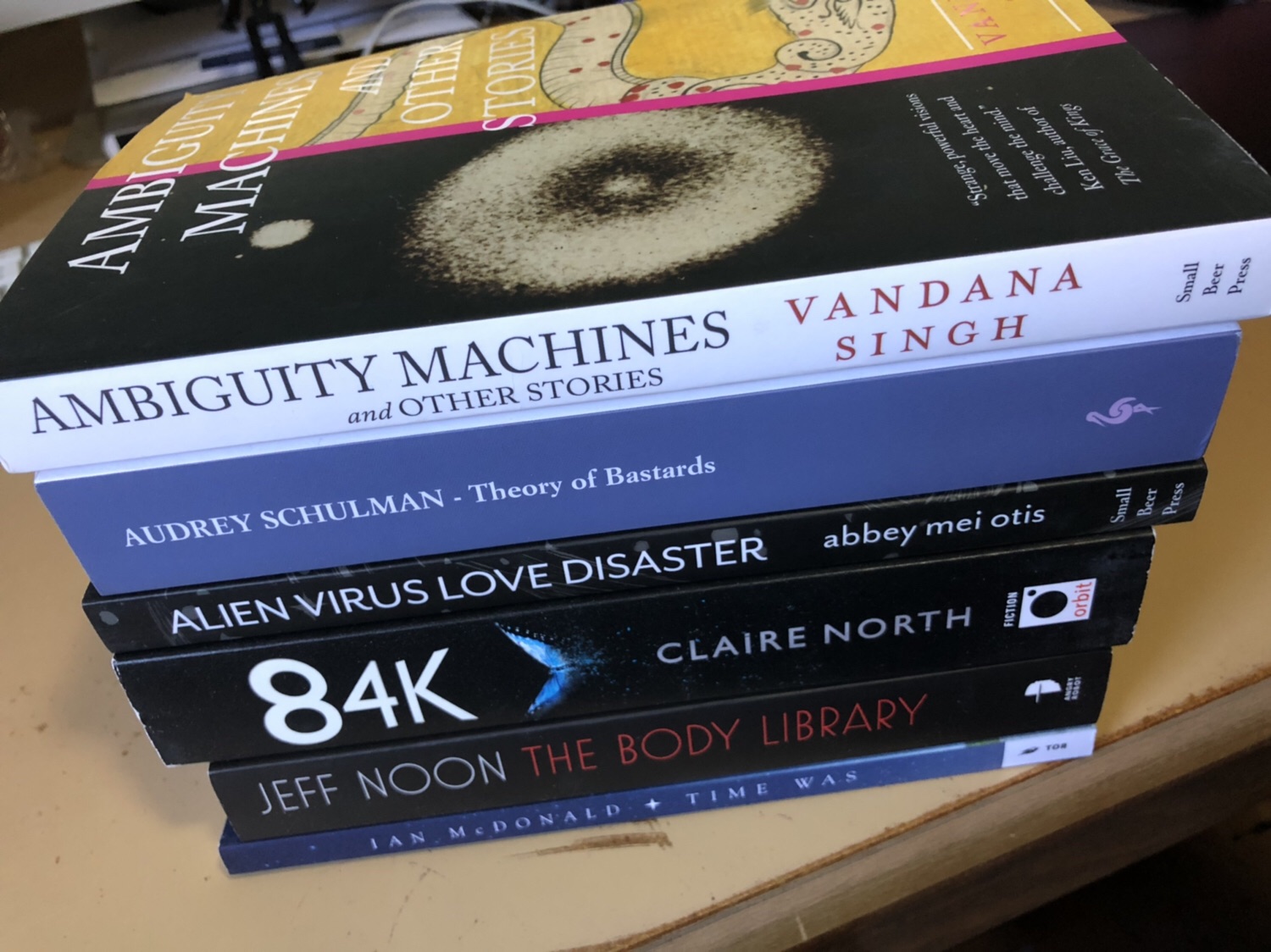EDIT: I just came across this article, and I have to admit, I definitely see elements of the classism and elitism being called out here in what I wrote a few days ago (I think I missed out on sliding into racism, thankfully).
[Ellen] Oh says, “There is an overemphasis on the words ‘spark joy’ without understanding what [Kondo] really means by it. Tokimeki doesn’t actually mean joy. It means throb, excitement, palpitation. Just this basic understanding annihilates Schofield’s argument that books should not only spark joy but challenge and perturb us. Tokimeki would imply that if a book that challenges and perturbs us also gives us a positive reaction, then why wouldn’t you keep it?”
“The backlash has focused on everything from [Kondo’s] poor English to making fun of the terms she [uses],” Oh says. “We have seen so many memes making fun of the concept of ‘sparking joy’ and it reminds me in many ways of people deliberately misunderstanding and making fun of my parents’ broken English.”
There is also, Oh says, a certain amount of privilege that has come into play in the book-tidying discussion.
“Classism, elitism, the privilege of having a big house with a lot of storage? I don’t know what the rationale is for the backlash but I do know that it comes from a place of privilege,” Oh says. “Elitism in that if you don’t have lots of books you can’t possibly be very smart. And financial classism because I remember being young and poor and owning less than ten books. It was why the library was my sanctuary.”
I’ve always been fortunate enough to have the money — mine, or from my family — to have the luxury of a large book collection. True, I do much of my book shopping at Goodwill and other used book stores, but I also tend not to think twice about dropping the money on new releases by favorite authors or for personal projects like reading all of each year’s P.K. Dick nominees. I’ve also always been able to devote space to storing my book collection, whether on shelves in whatever home I’m in at the time, or keeping a storage unit with boxes of books when in transition.
Unquestionably, these are things that many people cannot afford to do, and I should recognize when my privilege allows me to scoff at those who prioritize things other than books (including those who simply don’t prioritize physical books, but prefer electronic books on their Kindles or tablets, which admittedly do offer notable space and at times financial benefits over physical book collections).
Original post follows:
Read more



